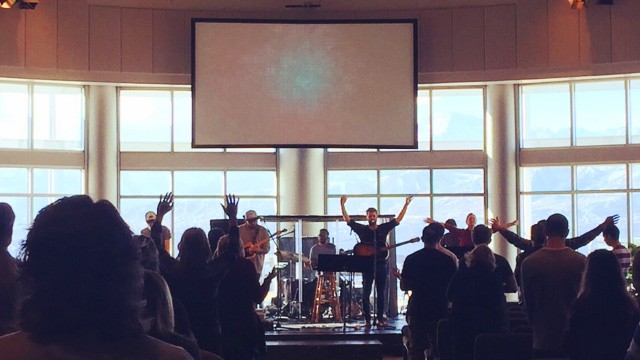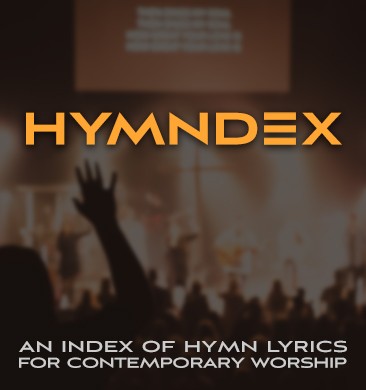Glenn Packiam says painting with a broad brush doesn’t give us the best picture.
It seems to be in vogue to predict the impending demise of modern worship, with some even suggesting we ‘kill megachurch worship’. The subject in question has been variously named ‘modern worship’, ‘contemporary worship’, and even the more direct and provocative aforementioned, ‘megachurch worship’. While there have been a plethora of futurists and liturgists rushing to judgment, I am not certain if any of them worship regularly in a church that employs a modern worship style. And I am quite sure none of them are involved in leading either modern worship or megachurches.
So forgive my skepticism.
Before I go further, it’s worth my saying that if you know my writing over the past few years, you know I’ve been strong in challenging the contemporary worship movement (on formation; on reclaiming the mystery of a faith through historic practices). You know that I believe in mining the old traditions of Christian worship, asking what they were doing and why and what we’ve changed and why. I believe with all my heart that ‘the way we worship becomes the way we believe‘.
But I don’t believe careless critiques will help us.
The renowned social psychologist Paul Eckman wrote that research from a social scientist is less credible when their fieldwork cleanly validates their hypothesis. This is because the kind of experiments and research social scientists engage in are not easily repeated, and thus their biases are less easily held in check. If this is true of the biases even of researchers, what shall we say of the biases of bloggers (even— or especially— if they are liturgy professors)?
If one wants to prove the shallowness of modern worship, examples abound; but if you want to really understand and assess the subject, you need a more careful eye. And you must account for an insider perspective. What matters is not simply what the outside observer/blogger/professor thinks is going on; what matters is also what the pastor or worship leader says is going on, and what the worshipper is experiencing. (The latter is known as phenomenological perspective— the way people describe their experience of a thing.) If all we get are theoretical assessments from afar, we will evaluate modern worship without knowing if we are actually evaluating modern worship or our impression of it— which is almost always a caricature.





